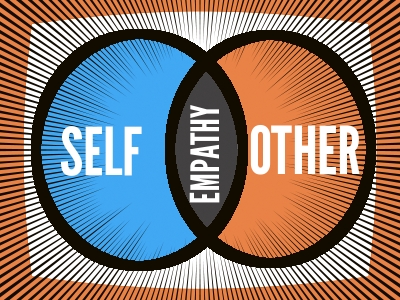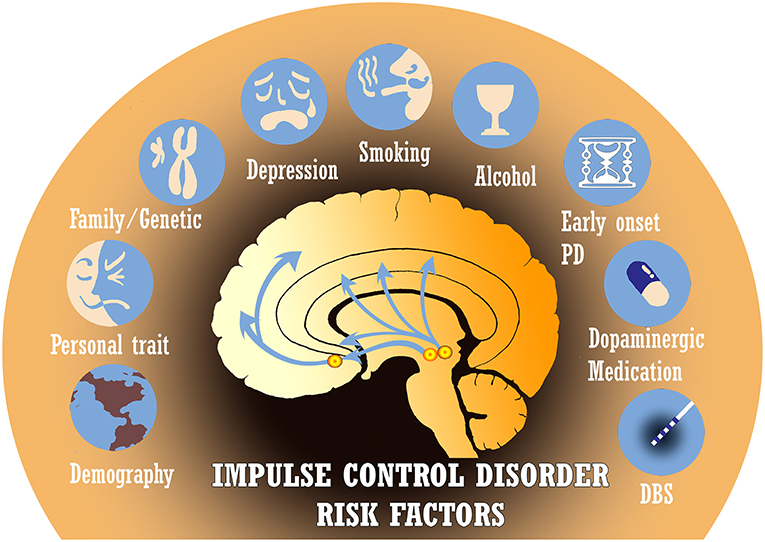
Aviation Industry and Mental Health
Due to the COVID-19 pandemic, several governments in Asia have implemented strict policies affecting flight crewmembers for nearly two years. These policies include stringent quarantine requirements while away from their base and upon their return and draconian methods to prevent any form of human interaction, even after vaccination and testing.
Layover rules are straightforward, and the majority of the state that crew members are not permitted to leave their hotel rooms or receive visitors. On the other hand, the rules governing home quarantine are complicated and have changed numerous times over the last 21 months. Only a few jurisdictions, including Taiwan, Hong Kong, and China, imposed the strictest conditions. As a result, the working environment is defined by a back-to-back cycle of up to 20 days of flight duty followed by several days of quarantine, leaving crewmembers with only a few days per month to be outside and interact with their families and friends.
In Taiwan, for example, crew members are prohibited from attending public gatherings or visiting restaurants, movie theatres, or hospitals/clinics on their days off.1 Some hospitals even refuse to treat family members who had close contact with crewmembers within the preceding 21 days. Moreover, in Hong Kong, where Cathay Pacific Airways pilots have stated that strict rules endanger their mental health, news reports noted that the airline fired three pilots for violating company rules by leaving their hotel rooms during a layover in Frankfurt, Germany; the three were later found to have COVID-19. In addition, according to one report, Cathay Pacific fired the cargo pilots for an unspecified "serious violation" of rules.2,3 The government then sent over 270 of their family members and others to a state quarantine camp.
Anxiety Symptoms
Four in ten adults in the United States reported symptoms of anxiety or depressive disorders during the pandemic, according to a Kaiser Family Foundation (KFF) study. Another KFF poll found harmful effects on individual mental health, including difficulty sleeping or eating, increased alcohol consumption, and deterioration of chronic conditions caused by fear and stress about the virus.
In Hong Kong, a May 2021 study of individuals quarantined found that the most common effects were persistent feelings of fear, anxiety, anger, exhaustion, and lack of energy. In China, a study of the mental health of medical workers discovered similar reactions to isolation, including frustration and discrimination (against medical personnel); the study also found that these reactions impair the medical workers' ability to pay attention, understand, and make decisions. Given that similar reactions have been observed in various groups of people, it appears clear that crewmembers are also susceptible to the harmful effects of quarantine, which may include long-term consequences such as post-traumatic stress disorder, depression, and insomnia.
A study conducted by King's College London's Department of Psychological Medicine and published in The Lancet identified several stressors associated with quarantines, including the following:
Extended quarantines were associated with worse mental health.
Fear of infection, including concern for one's own health and fear of infecting others – or fear of months of isolation in a quarantine hospital if one tests positive for COVID-19.
Frustration and boredom result from decreased social and physical contact with others and a sense of isolation from the rest of the world.
There are insufficient supplies. Inadequate basic supplies, including housing, were identified as a source of frustration and linked to anxiety and depression.
Inadequate data. Inadequate or no information from public health authorities, insufficient or unclear guidelines, and confusion about the quarantine's purpose can fill a human with fear and uncertainty. Concerning the last point, members of the public in some parts of Asia have expressed fear of crew members whom they believe are responsible for COVID-19 outbreaks.
According to a September news report, a pilot described his interactions with the local community, stating, "People believe pilots are murderers because we brought back the virus." The pilot told a "witch hunt" atmosphere fueled by online hate and bullying, including comments wishing pilots' deaths. If countries continue to isolate crew members for months on end, the likelihood of severe mental disorders such as depression and anxiety and physical problems caused by inactivity will increase. Another active threat to aviation safety is decreased human performance caused by common quarantine reactions such as sleep deprivation, worry, frustration, and stress. These effects are unlikely to result in a grounded flight crew member, but they may contribute to the pilot's cumulative fatigue. As a result, a flight crew that has been subjected to stringent quarantine rules will operate in an environment that is more prone to operational errors and slow reaction times during critical flight phases.
Performance of Human Beings
Three types of adverse reactions to quarantines exist:
Physiological factors – Maintaining a healthy exercise regimen while isolated can be challenging at times. According to Mental Health America, inactivity is associated with an increased risk of cognitive decline. Additionally, a survey of individuals undergoing quarantine in Hong Kong found that participants experienced physical effects such as back pain, muscle ache, and brain fog during their quarantine periods.
Psychological factors – Anxiety and stress are two factors that can have a negative effect on an individual's mental and emotional state. According to the Centers for Disease Control and Prevention, they are associated with quarantines. There is also evidence that more extended quarantines have severe psychological consequences, with a wide-ranging, substantial, and long-lasting impact.
Psychosocial factors – Constant quarantine confines an individual to an unwelcome state of solitude. Social isolation can develop into a health problem, affecting a variety of mental and physical factors. Loneliness is associated with increased rates of anxiety, depression, and suicide, as well as with poor cardiovascular and cognitive health.
The
quarantine can impair human performance.
Although this decline has not been classified in aviation, it may be related to
fatigue, which impairs short-term memory, increases human error, and shortens
attention span. Additionally, significant personality characteristics
associated with human performance, such as attitude, judgement, and
decision-making, will be impacted.
References:
Trevino,
A. M. (2021, December 24). Insight: Feeling the effects of quarantine.
Flight Safety Foundation. Retrieved April 18, 2022, from
https://flightsafety.org/asw-article/insight-feeling-the-effects-of-quarantine/
Comments (0)
Categories
Recent posts


Human Psychology & Empathy
2022/05/24
Impulse Control Disorders
2022/05/31
Aviation Industry and Mental Health
2022/04/18
